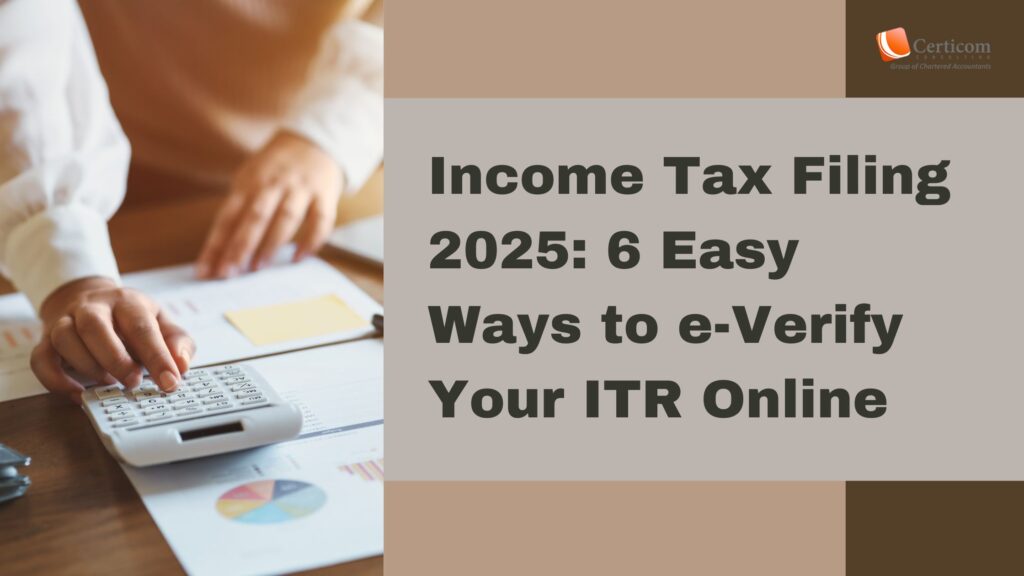Key Considerations for Non-Resident Indians to Ensure Tax Compliance

Who is a Non-Resident (NRI)?
A person is deemed to be an NRI for a Financial Year (FY) under section 6 of the Income-tax Act, 1961 (the Act) if any of the following criteria are not met:
>Physical stay in India ≥ 182 days in relevant FY.
>Physical stay in India ≥ 60 days during relevant FY and ≥ 365 days in preceding 4 FYs.
If total income (other than revenues from foreign sources, as defined) does not exceed Rs 15 lakhs for the relevant FY, the 60-day requirement is replaced with 182-days in the event that an Indian citizen or person of Indian origin who is outside of India visits India during the FY.
However, the 60-day threshold will be changed by a 120-day period if such income above Rs 15 lakhs.
Furthermore, people who are citizens of India and whose income exceeds Rs. 15 lakhs while they are not subject to taxation in any other nation due to their domicile, place of residence, or any other comparable factor in that other nation will be considered residents in India but not ordinarily residents (NOR).

Taxation in India and Filing of Tax Returns
Only income earned or received within India is subject to taxation for non-resident Indians (NRIs). In India, income obtained outside the country is not regarded as taxable. With the exception of some incomes, which are taxed at flat rates (such as dividends from Indian company shares, foreign currency investments in certain assets, etc.), such taxes are typically levied at regular tax rates.
If an NRI’s taxable income above the level of income not subject to taxation (which stands at Rs 3 lakhs for FY 2023–24 under the new tax regime), they must file their income tax before the deadline. It should be noted that the threshold limit is Rs 2.50 lakhs for taxpayers who follow the previous tax regime, which had higher tax slab rates but also exemptions and deductions.
If income is below the aforementioned criteria, there may still be special circumstances that warrant reporting taxes.
Financial Disclosure
When filing their income tax return, non-resident individuals (NRIs) with total income exceeding Rs 50 lakhs are required to provide information about their Indian assets and expenses as of March 31st of that fiscal year. According to the requirements on the relevant tax return forms, NRIs must also report the following details:
>Shares owned by non-domestic businesses, including those outside;
>Holding a directorship in businesses (including international businesses with revenue generated or received in India).

Advantages of DTAA
Non-resident Indians (NRIs) who are subject to income tax in India on their domestic earnings may also be subject to tax in other countries where they may be deemed residents. In order to prevent paying double taxes on the same income in two different countries, NRIs may be able to claim an exemption from tax or credit for tax paid in India in their home country under the terms of the DTAAs.
Additionally, one may profit from the reduced rate of Indian taxation on dividends and interest incomes in India stipulated in the DTAAs, as well as the tax exemptions offered in certain circumstances regarding salaries and professional incomes.
If the specified details (such as nationality, tax identification number, period, etc.) are not present in the TRC, the taxpayer must electronically file a new Form 10F.
In order to secure the correct discharge of tax duties and maintain tax compliance, it is ultimately advised that nonresident individuals (NRIs) have a thorough awareness of the relevant legislation.
Related Post
TDS Return Form 26Q: Due Dates, Applicability & Related Forms
Have You Reported Your Foreign Assets in Your Income Tax Return?
Book A One To One Consultation Now For FREE
How can we help? *




